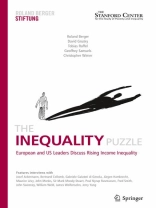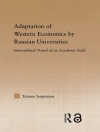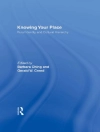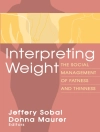Is there too much inequality? We are witnessing for the first time in many decades a vigorous public debate in the United States and many European countries as to whether income inequality is approaching unjustifiable levels. The financial crisis has drawn special attention to remuneration at financial firms, as well as other more broadly based increases in inequality, and the pendulum may well have swung back toward attitudes favoring strengthened regulations. It is against this background of shifting public and political views about income inequality that the Roland Berger Foundation decided to solicit the opinions of U. S. and European political, business, and labor leaders by partnering with the Stanford Center for the Study of Poverty and Inequality. This initiative, led by a diverse team of five authors, sought to cast light on how prominent European and U. S. leaders are making sense of rising inequality. The objective was not to provide yet another scholarly tome on inequality, or another analysis of how the general public views inequality. We are already awash in such analyses. What we don’t know, and what we have sought to offer, is a window into how senior leaders view this historic moment. In the summer of 2009, we interviewed thirteen political, business, and labor leaders and presented these interviews in their original form.
Inhaltsverzeichnis
Is There Too Much Inequality?.- INTERVIEWS.- Josef Ackermann.- Bertrand Collomb.- Gabriele Galateri di Genola.- Jürgen Hambrecht.- Maurice Lévy.- John Monks.- Sir Mark Moody-Stuart.- Poul Nyrup Rasmussen.- Fred Smith.- John Sweeney.- William Weld.- James Wolfensohn.- Jerry Yang.- SUMMARY.- Trends and Topics from the Interviews.- A View from the Top.- COMMENTARY.- Five Principles for Moving Forward.- Can Inequality Be Reduced by Building Better Markets?.












